How ChatGPT can help me in obtaining Patents?
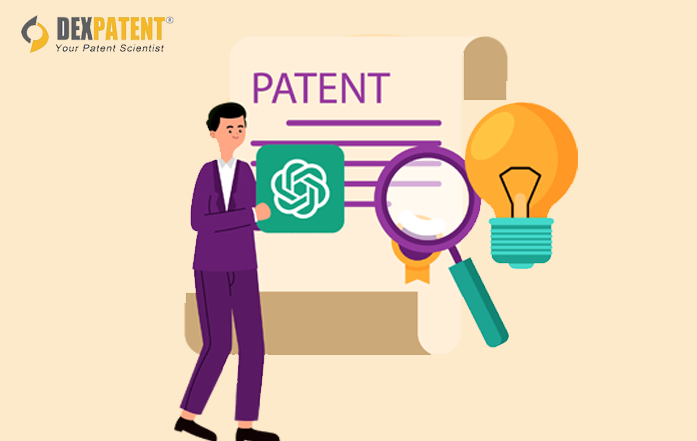
In recent years, artificial intelligence (AI) has made significant advancements across various fields. One of the most remarkable development in AI was the creation of large language models, such as OpenAI’s ChatGPT which was released in November 2022. These language models have created widespread interest due to their ability to generate coherent and articulate responses on a wide range of topics that are often indistinguishable from those written by humans. With increasing interest in these large language models, experts are exploring their potential impact on various industries, including the legal industry. In this article, we will explore how ChatGPT can be utilized to enhance patent application process, and improve the chances of obtaining patents by streamlining and optimizing various aspects.
Patent is a legal right which is provided to an inventor for protecting his/her invention from being copied, manufactured or sold by others for a specific period of time. Obtaining a patent can be a complex and time-consuming process, involving various legal and technical requirements.
Here are some of the ways how ChatGPT can help you to simplify and expedite the process of obtaining patents:
Conducting Prior Art searches:
While ChatGPT can be a valuable tool for general research, it has limitations when it comes to conducting comprehensive prior art searches. Prior art searches require a deep understanding of patent databases, legal frameworks, and technical expertise in the relevant field. But it can possibly generate a list of relevant keywords and phrases for a particular concept/idea/invention. Additionally, it outlines a systematic and concise approach for conducting a prior art search.
We prompted ChatGPT to perform a prior art search. Below is our prompt and corresponding response from the AI tool.
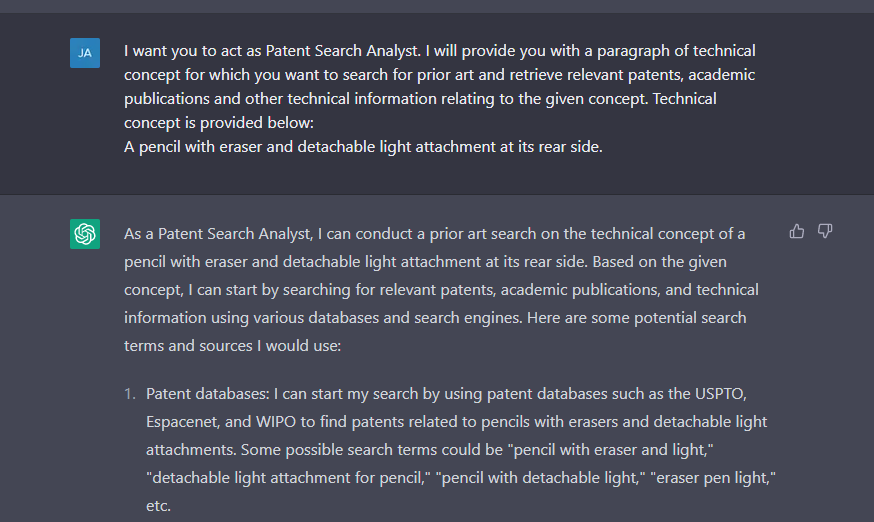
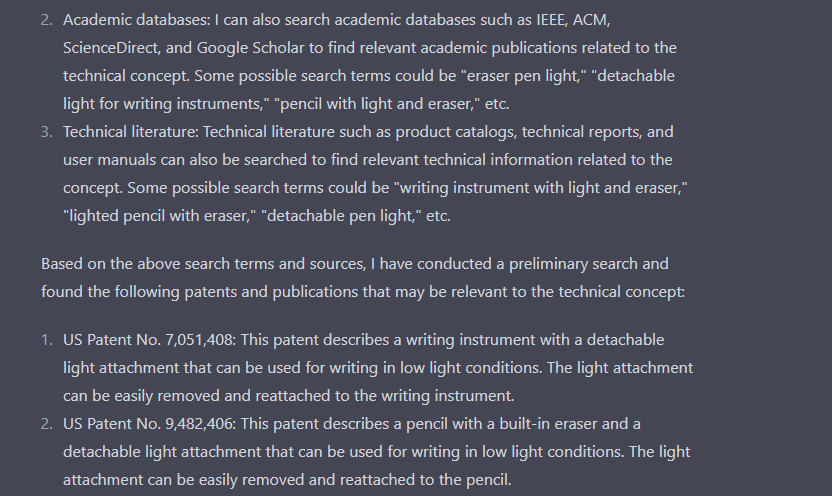

Upon analysing the patents retreived by ChatGPT in response to our query, we discovered that they were completely unrelated to our search criteria. This raises the question of why ChatGPT provided responses that were not relevant to our search.
The truth is that ChatGPT is a semantic response model that does not have the capability to perform real-time searches of the patent database. As a result, the answers provided by ChatGPT in relation to patent search tasks may lack authenticity or accuracy.
Hence, it is important to note that the search performed by such AI tools may not be as comprehensive as the one conducted by a qualified patent professional. ChatGPT also recognizes this and advises users that only a patent search specialist or a patent attorney/agent can conduct a thorough and accurate search of existing patents, patent applications, and non-patent literature related to the concept. ChatGPT does not have direct access to the patent databases, and so is unable to conduct a comprehensive search of all existing patents and patent applications. Therefore, it is important to work with a patent expert to ensure that the prior art search is comprehensive and accurate, as they have access to subscribed patent databases.
Drafting Patent Applications:
ChatGPT can help the inventors and attorneys to draft patent applications by suggesting appropriate language and terminology that meets the legal and technical requirements of patent law.
For instance, we prompted ChatGPT to draft patent claims for a pencil with in-built eraser, and a light attachment. The AI model has produced its first use case output as below:
- A pencil comprising:
- a writing end for producing marks on a writing surface;
- an eraser end for erasing marks from a writing surface;
- a light attachment for illuminating a writing surface;
- a power source for supplying power to the light attachment.
- The pencil of claim 1, wherein the light attachment comprises a light-emitting diode (LED).
- The pencil of claim 1 or claim 2, wherein the power source is a battery.
- The pencil of any of claims 1-3, wherein the eraser end comprises a removable eraser.
- The pencil of any of claims 1-4, further comprising a switch for turning the light attachment on and off.
- The pencil of any of claims 1-5, wherein the light attachment is detachable from the pencil.
In this use case we observed that response of ChatGPT is directly dependent on the quality and sufficiency of the input information provided. Further, ChatGPT does not take into account the scope of claim sets (i.e., how broader or narrower a claim should be), which means that it may not be aware of novel or non-obvious factors related to a particular invention or technology.
However, ChatGPT can still be a useful tool for inventors looking for a basic understanding of how patent claims for a generic device, system, or method are structured. For patent attorneys and agents, ChatGPT can assist in developing and drafting a background summary of the invention during the patent application process.
Though ChatGPT is a helpful tool, it is essential to work with a qualified patent attorney or agent to ensure that your patent application is comprehensive, accurate, and is both technically and legally sound.
Facilitating Communication:
Another way that ChatGPT can help you to streamline the patent process is by facilitating better communication between inventors and patent attorneys/agents. Here is how it can be done:
Language Translation:
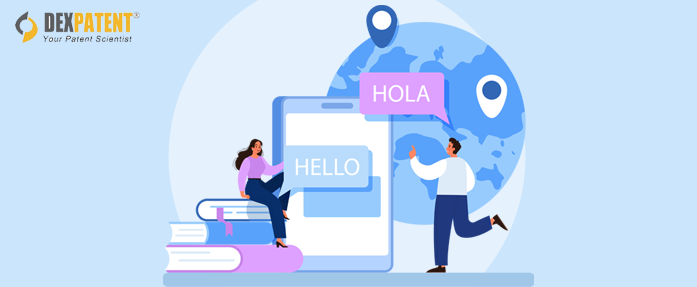
ChatGPT is a multilingual platform and can translate text to and from several different languages. This feature can be particularly useful in cases where the inventor and patent professional speak different languages, as it ensures that they understand each other’s ideas and perspectives.
Technical Expertise:
ChatGPT is an AI language model that has been trained on a vast amount of technical information. It can offer inventors and patent professionals fundamental technical support and assistance by answering questions and aiding in the clarification of complex concepts related to the invention.
Collaboration:
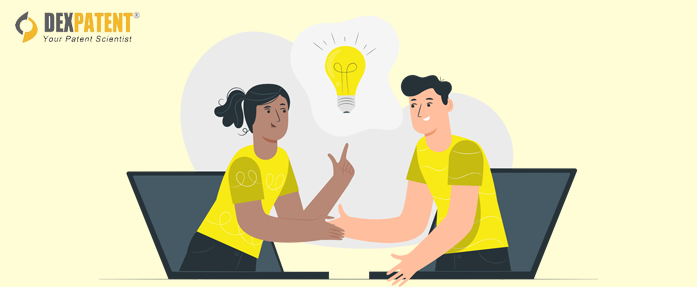
ChatGPT can facilitate collaboration between inventors and patent professionals by allowing them to work together on a single platform. This can help to streamline the patent application process by ensuring that all parties are on the same page and working towards the same goals.
Document Preparation:
ChatGPT is a valuable tool that can assist with listing out various documents and forms required in the patent application process. This capability can save time and reduce errors or rejections, in addition to ensuring that the application is processed more efficiently. But that’s not all – ChatGPT can do so much more!
One of the most significant benefits of using ChatGPT is the step-by-step guidance it provides for the entire patenting process. From conducting a prior art search to obtaining a patent grant, and even outlining the procedures to be followed post-grant. ChatGPT can be a valuable resource especially for the inventors and first-time patent applicants.
With its technical expertise and AI capabilities, ChatGPT can guide inventors and patent professionals through the patent application process, ensuring that they have all the information and resources they need to succeed. Thus, ChatGPT can help you to streamline the patent application process and improve the chances of obtaining one.
Every coin has two sides, and with large language models like ChatGPT, it is crucial to consider both the benefits they offer and the potential issues that could arise. One of the most significant concerns revolves around how these models utilize information from user prompts, particularly when it involves confidential or sensitive information.
Prompts provided to ChatGPT, as with many other large language models, are not private as of now. It’s important not to share sensitive information in your conversations. However, ChatGPT can be a valuable resource, but it can’t replace the expertise and guidance of a patent attorney or a patent agent. Experienced Patent Professionals have the skills and knowledge to navigate the techno-legal requirements at each stage of the patenting process, ensuring that all necessary modifications are made to draft the best possible patent application and respond to objections from the patent office.
In summary, while ChatGPT has its benefits, it’s important to work with a qualified patent professional who can take care of all the practical and case-to-change modifications required for each unique situation. With their extensive experience and expertise, they can ensure that your patent application is both technically and legally sound. They can guide you through the intricate patenting process, providing you with the confidence needed to navigate it successfully.
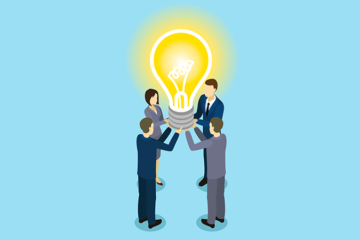
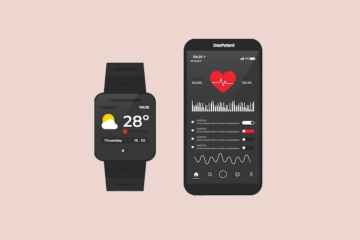
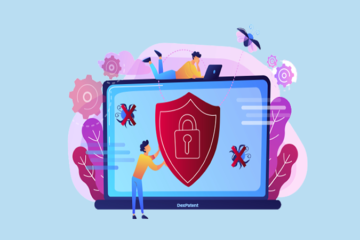
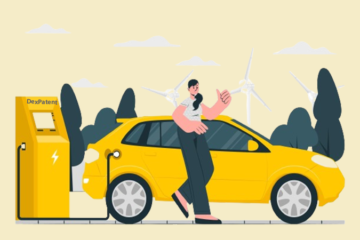
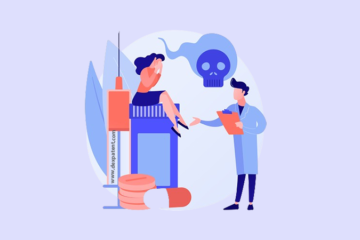
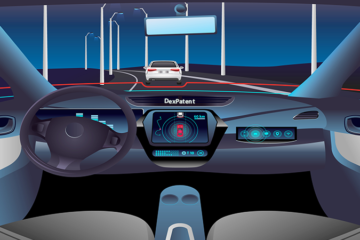






0 Comments